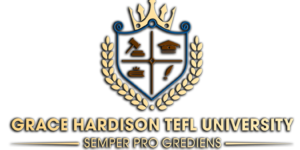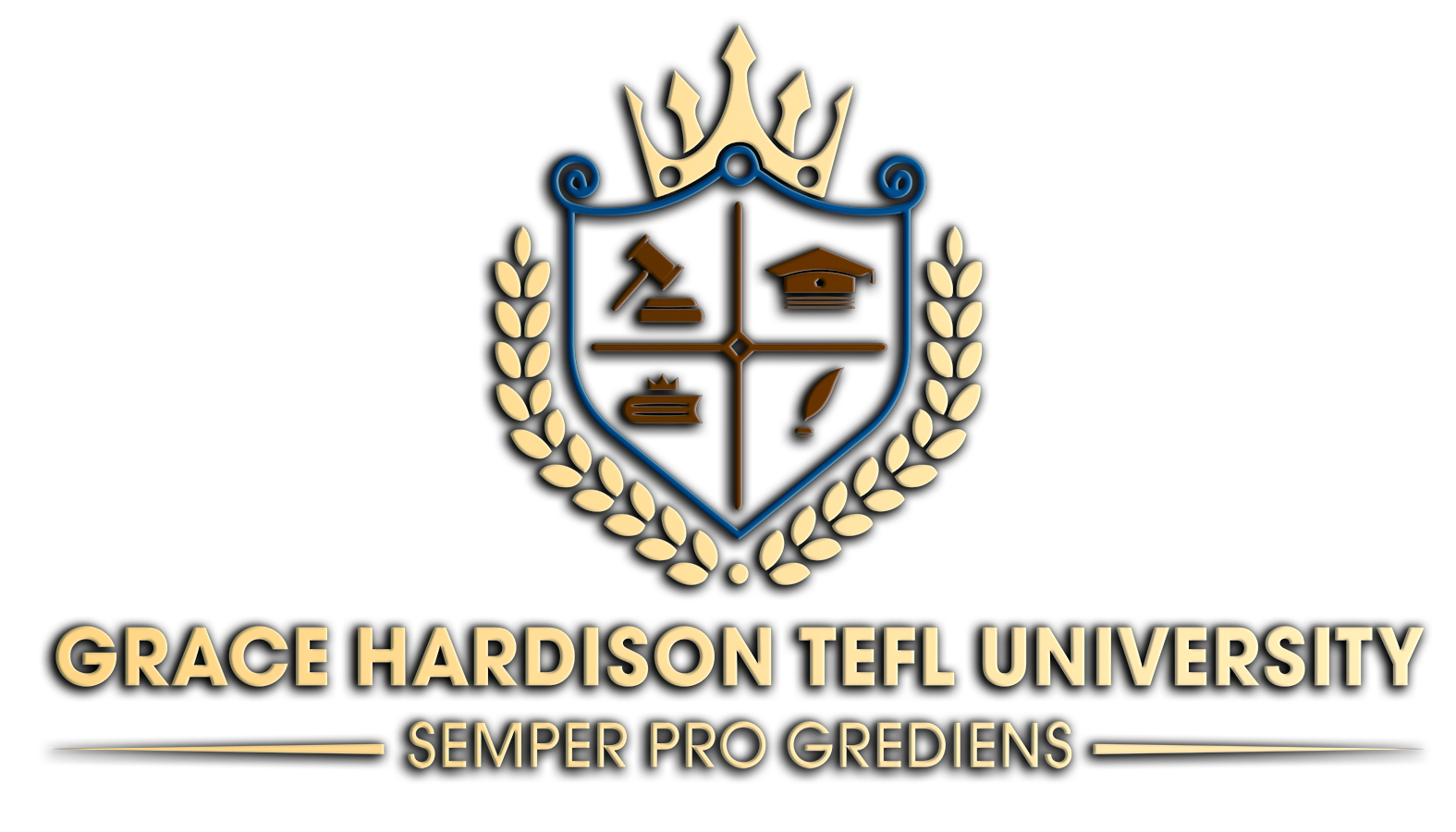
Master of Arts Degree – MA - TEFL
Here’s what you’ll walk away with…
- Your Degree Certificate
- Your Degree Transcript
- Your Degree Authentication Letter
- Your Teaching License
- Bonus: Your Premium 140 Hours TEFL Certificate
Eligibility
To be considered eligible for enrollment into a M.A. (TEFL) degree program, you must provide official transcripts that demonstrate you have earned a bachelor’s degree, (in any field of competency), from a recognized accredited university.
MA – Tefl
Teach English as a Foreign Language
Under 1 Year – $3000 (with affordable payment plans)

Course credits for Recognition of Prior Learning and Work experience:
- Previous TEFL or TESOL Certifications
- Previous Teaching degree, certificates or diploma
- Teaching experience of more than 6 months
About the Course
Typically completed over 1 year, you can accelerate your learning to be completed in under a 6 month completion pathway that advocates a suitable work-life balance.
Ours is a correspondence course that allows you to study online from the comfort of your home or office.
The preparation of a research-based final project is the culminating activity of the “NAME” Masters of TEFL Program and is a requirement for successful completion of the program.
The course consists of 16 competency-specific activities with defined performance outcomes, candidate requirements and rubric assessment guidelines.
Comprehensive research links and guidelines to structure individual activities make your learning experience enjoyable and easy to follow.

Course Assessment
Assessment is based on the submission of a capstone project that reflects the following 3 criteria.
(NB: Comprehensive Course Resources are provided to assist you in this process every step of the way!)
1. Completed capstone project that evaluates a significant question in the student’s field of study.
2. Reformulates and adapts principal ideas, techniques or methods at the forefront of the field of study in carrying out the project.
3. Challenges a tradition, assumption or prevailing practice within the field of study by raising and examining relevant ethical perspectives through the project.
Living in an information-driven society, students need to construct their meaning and apply what they have learned in new situations. To do so, they need to learn to think critically about knowledge and the world.
At Grace Hardison TEFL University, we have implemented an assessment-based evaluation approach to assess the learning of our students. It is conducive to learning online/correspondence and, more importantly, facilitates assessment advanced by the perennial need for a work-life balance of our students.
We assess our students with assigned coursework (assignments) to read their writing and work skills, discernment of the subject, and overall success in their course.
Formative assessment helps students during the learning process by enabling them to reflect on their challenges and growth so they may improve.
By analyzing students’ performance through formative assessment and sharing the results with them, we help students understand their strengths and weaknesses and reflect on how they need to improve over their remaining studies.
With this mind we have taken due cognizance of some of distinct benefits of assignment-based evaluation:
Our grading system is a comprehensive evaluation of your assignments, and as such your Official Transcript will reflect both the UK module marks as well as the US 4.0 GPA system. From our experience this helps your future employers ease of reference in terms of your overall academic performance.
UK Grades to 4.0 GPA Scale : According to Fullbright US – UK Commission, here’s the comparable scale to convert UK grades to a 4.0 GPA scale.

| UK module marks | UK degree classification | GPA |
| 70+ | First class honours | 4.0 |
| 65-69 | Upper-second class honours | 3.7 |
| 60-64 | Upper-second class honours | 3.3 |
| 55-59 | Lower-second class honours | 3.0 |
| 50-54 | Lower-second class honours | 2.7 |
| 45-49 | Third class honours | 2.3 |
| 40-44 | Third class honours | 2.0 |
| 35-39 | Ordinary/Unclassified | 1.0 |
